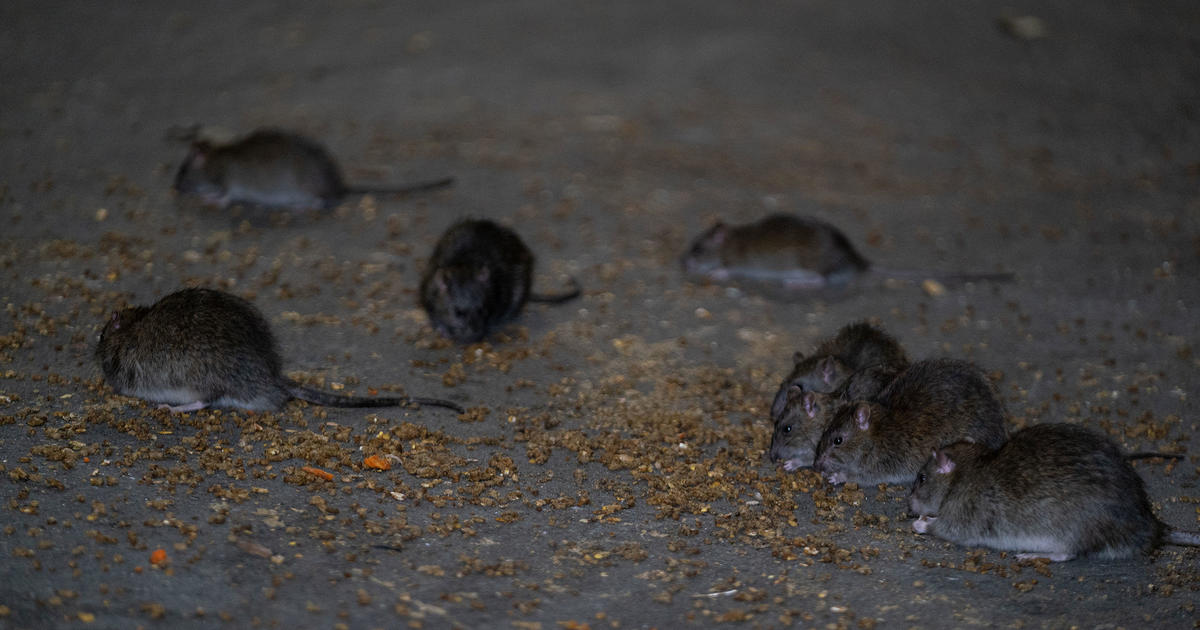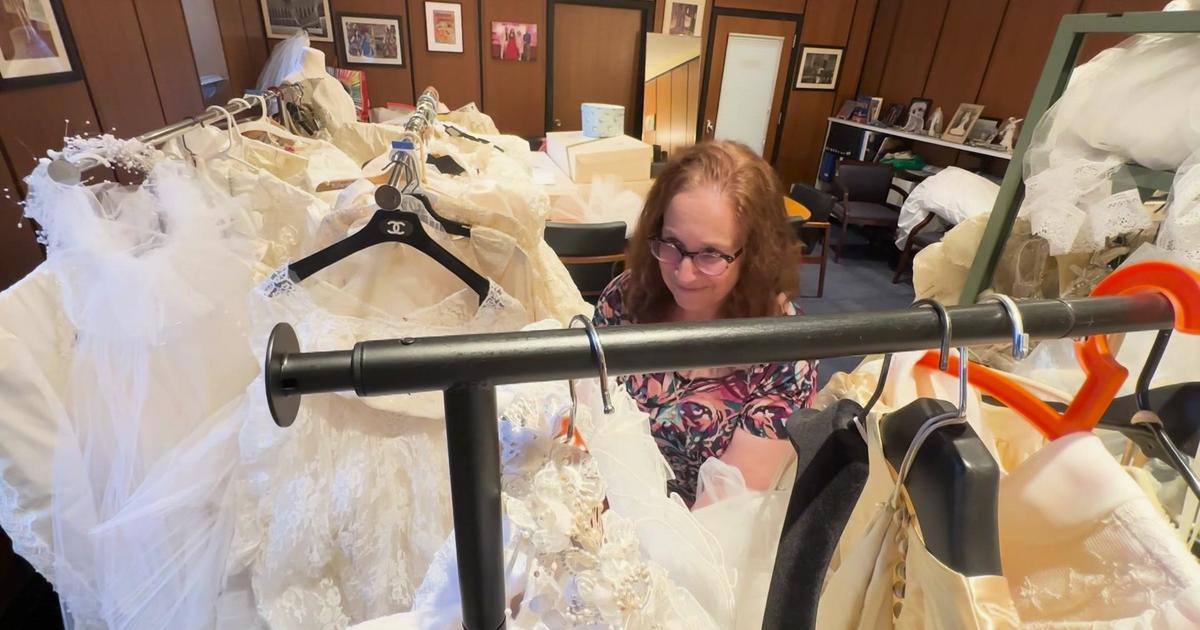Nina In New York: Finally, A Purpose For Cats On The Internet
A lighthearted look at news, events, culture and everyday life in New York.
_____________________
By Nina Pajak
Sometimes it seems the Internet was created mostly for the purpose of a means of cat-related content distribution.
Even people who don't love cats love silly photos of cats wearing fruit as headgear or bread as facegear, and they love videos of cats dancing and playing musical instruments and leaping from things, hitting people, playing with dogs/babies/ferrets/other cats. It has been scientifically proven that nothing is more entertaining than a cat in costume. They love captioning photos of cats doing silly things or looking evil (cats often look evil) using a special internet-cat specific patois which has blossomed over the years.
So naturally, we'll want our robots to be able to readily identify them when, say, driving, cleaning our homes, taking us for walks, and finding us funny stuff on the internet to look at while they cook our meals and wipe our face-drool.
That is why the good folks at the Google have successfully created an artificial brain (wait, that's not even the point of this story) that has learned to identify cats. They didn't tell it what a cat was. They didn't say, "here, synthetic, electronic brain-friend, here are a million images and definitions and video clips of a thing we call 'cat.' By the way, please don't use this knowledge of our feline-related idiocy and become sentient and decide to undermine our civilization and enslave the human race thanks."
Nope. All they did was show the computer-brain a random chunk of Internet, roughly 10 million YouTube images, and the thing figured out on its own that some of those images were of cats. Said Google fellow Jeff Dean to the New York Times: "It basically invented the concept of cat."
So really, this isn't at all about cats. This is about the fact that scientists created a computer-brain which can ingest random data and understand and interpret it without any extra information from humans.
IT'S A LEARNING ROBOT. Okay, the Googlers deny that they've gotten quite that far, but they would, wouldn't they?
I'm simultaneously terrified and awed. In the short term, perhaps search could be improved. Great. In the long term, maybe a couple of photos of you floating around the internet will suddenly mean that strangers can identify you on the street. Maybe it'll mean that our computers will slowly begin to understand our world better and more completely than we can and they will begin to realize just how easy it would be to Y2K us all into oblivion. Maybe bad people will figure out a way to harness and exploit this ability to do, you know, bad people stuff. Or then again, maybe good people will find an equally good way to use it. Like, finding missing children or rooting out terrorist cells online. I guess it could be either. Or both.
You can't stand in the way of progress.
___________________
Dear Readers: While I am rarely at a loss for words, I'm always grateful for column ideas. Please feel free to e-mail me your suggestions.
Nina Pajak is a writer and publishing professional living with her husband on the Upper West Side.
The Nina In New York Archives:
ATM Error Gives New Meaning To Term 'Dumb Luck'
The Dirtiest Thing In A Hotel Room Is…All Of The Things
Inside The Flight Delay Fish Bowl
Apparently, We're All Covered In Germs – And That's Not Terrifying



